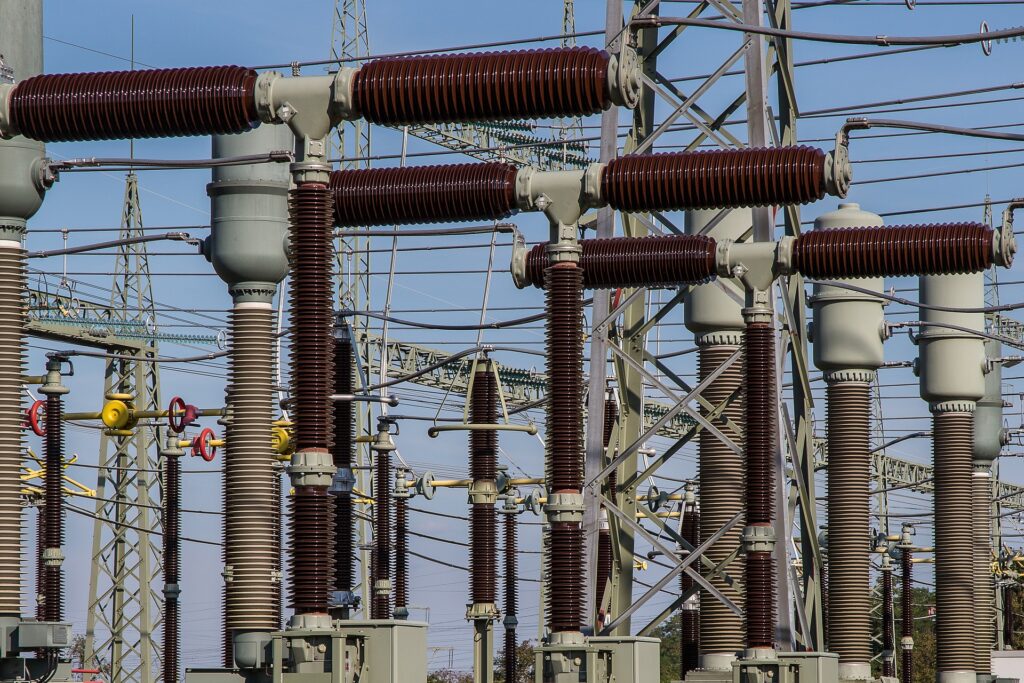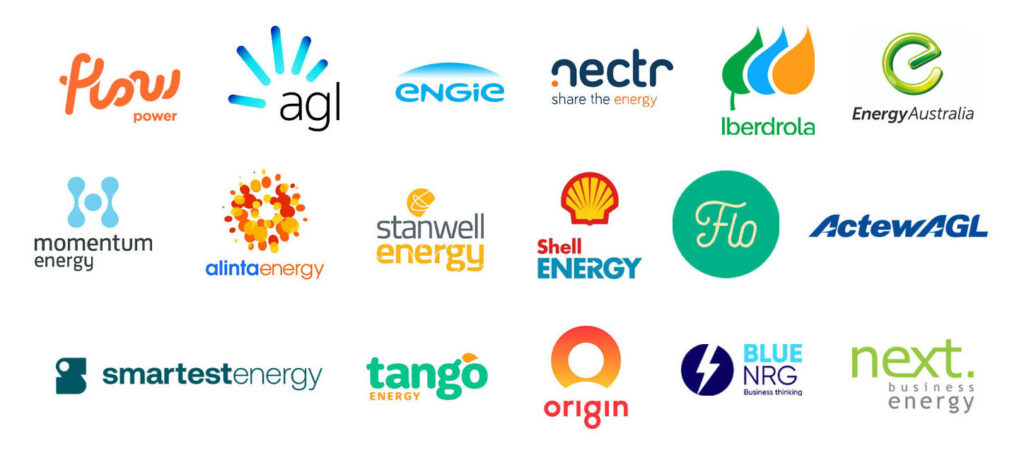Traditional and renewable electricity generators and gas suppliers have been warned that they face heavy fines by the Australian Energy Regulator (AER) if they take actions that undermine the stability of the national energy grid.
AER Chairwoman Clare Savage has called out “concerning behaviour” in the frequency control market.
In 2020, the Australian Energy Market Commission introduced a final rule requiring all scheduled and semi-scheduled generators in the NEM to support the secure operation of the power system by responding automatically to changes in power system frequency.
Some generators receive payment from the Australian Energy Market Operator (AEMO) to offer frequency balancing services, but there have been instances recorded when they have not supplied energy commitments they have agreed to.
What is power system frequency and why is it important?

A stable frequency of 50 hertz (Hz) must be maintained across the grid to ensure that the power supply is secure.
Frequency changes are registered when the electricity supply does not match consumer demand.
More often than not, small differences between demand and supply are smoothed out by increased supply, but when uncontrolled changes of more than 1 Hz take place, it can cause blackouts.
The AER said that if generators are being paid to supply frequency balancing services, they must comply when called upon to do so.
One example of an errant subscriber to the frequency control market is Queensland’s state-owned CS Energy.
In February 2021, CS Energy was fined $200,000 because it was unable to provide the services it offered. CS Energy was also ordered to pay $1.13 million back to AEMO, due to a breach of contract.
Ms Savage said that compliance with energy laws was going to be one of the AER’s main priorities in 2021-22.
She said it is critical that generators: “can do what they say they can do so we can keep the lights on.”
New powers were given to the AER in 2021 to improve compliance, allowing it to seek penalties in excess of $10 million for any breaches of electricity laws.
Wholesale electricity prices surge
The AER’s announcement came on the back of a price surge in wholesale electricity prices due to a major outage at Callide in Queensland, flooding in Victoria’s coal mines, disruption in East coast gas supply, and a tight global LNG market.
In the second half of 2020 and the first four months of 2021, wholesale electricity prices dropped to historic lows of below $50 per megawatt-hour.
But on May 25 2021, an explosion ripped through one of the units at CS Energy’s Callide C, causing 800 MW of power to drop out of the grid instantly.
In a perfect example of the problems frequency changes can cause, the loss of electricity caused other generation units on the East Coast to trip, leading to blackouts at Brisbane Airport and a collapse of the traffic lights network.
In addition, EnergyAustralia’s Yallourn plant in Victoria also registered a drastic drop in generation due to flooding in its coal mines.
The result is second quarter wholesale electricity prices that are shaping up to be some of the highest on record in NSW and Queensland.
Prices have jumped from less than $50 per MWh to $130 in New South Wales and $150 in Queensland.
NSW Wholesale futures
QLD Wholesale futures
Being winter, the outages have also contributed to massive price spikes in the morning and evening, which is when demand peaks and solar generation is at its lowest ebb.
Recent spot prices in QLD have topped the $2,400 per MWh in the evening.
The increased need for supply to replace Callide and Yallourn shortfalls means that gas peaking plants have been called into action, but they too are in the middle of a squeeze.
Disruption in production at ExxonMobil’s Longford plant in Victoria saw gas spot prices surge, triggering a “critical” notice from AEMO calling for more gas supplies to be made available.
It was the second notice issued in a two-week period, and the shortfall was offset by increased supply from other Victorian sources.
The gas market was already under pressure with East Coast prices averaging $7.26 per gigajoule, their highest price in 18 months.
What the AER expects
Solar and wind generators were warned they must not reduce their output when instructed to generate electricity by AEMO in order to safeguard the stability of the national energy grid.
The instructions relate to a developing trend by solar and wind generators to switch off output when wholesale prices drop to zero during the trough period of the duck curve.
This happens when daytime solar is plentiful, leading to oversupply in the grid – which can also cause frequency problems.
The AER pointed out that this was happening even when renewable generators had committed to supplying power.
Turning to the gas sector, the AER said it would carry out checks to ensure that gas pipeline owners comply with requirements to disclose financial information so as not to undermine the effective regulation of pipelines.
It also pointed out issues with the “timeliness and accuracy” of reporting in the system to auction spare pipeline capacity.
Large-scale batteries are also being touted as tools to ensure frequency stability as they are not hampered by inertia and are able to discharge electricity at lightning-fast speeds.
Coal plants take hours to fire up, while gas plants can take up to 15 minutes. Batteries can respond in less than a second and have prevented blackouts on more than one occasion.
Keep updated with the latest news in the energy sector
The ‘concerning behaviour’ mentioned above can impact the stability of the national energy grid if left unchecked. As an energy broker, Leading Edge Energy is committed to keeping businesses informed about the latest updates on energy policies and infrastructure as they may affect consumers. You can see all this in our blogs and news section or subscribe to our newsletter to get updates directly in your inbox.
Want to create a positive impact on your business’ electricity or natural gas bills? Get in touch with our Energy Experts, we’re always ready to guide you through the energy cost-reduction process. Call us at 1300-852-770 or email us at hello@leadingedgeenergy.com.au and we’ll get you started.
We source, analyse, compare and rank commercial, industrial and multisite energy quotes. Obligation Free.
Chat with one of our experienced consultants today and get the insights your business needs to help manage the risks associated with volatile electricity and natural gas markets. Our energy procurement service is obligation-free and provides a time-saving way of securing lower energy rates from our panel of energy retailers.







